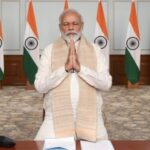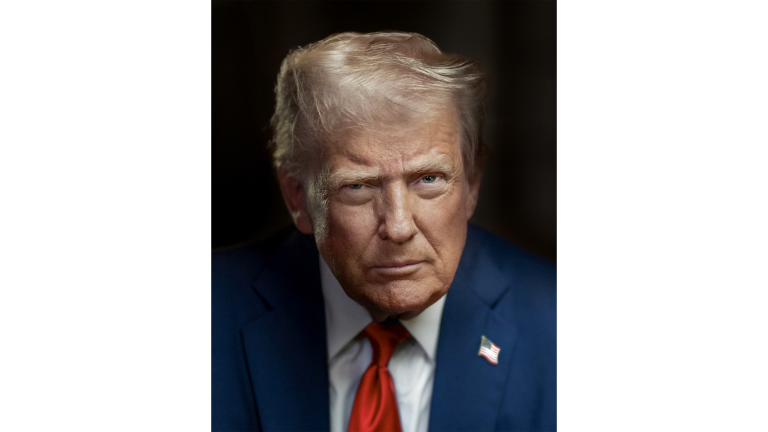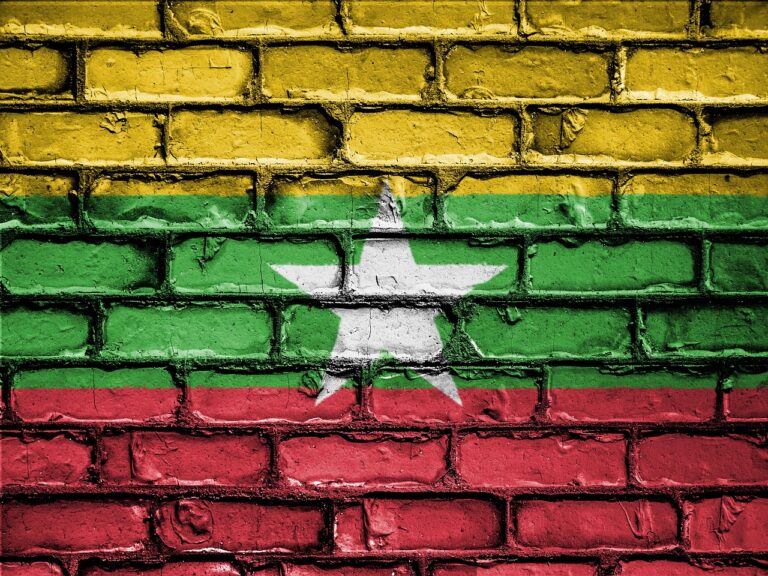
[the_ad_placement id=”adsense-in-feed”]
Insight
 By Pankaj Deka*
By Pankaj Deka*
COVID-19 global pandemic has revealed a tragic tableau of the world exposing failures of health infrastructure, governance systems, and geopolitical conflicts across the world which have triggered new frictions within and between nations. In this situation, India was able to limit its adverse impacts to a great extent. Yet India’s population is beset by the fall of economic growth and by the unprecedented migration of labourers and workers in the unorganized sector today, but, as many economic experts have argued, it would be wrong to aver that India will not restore its economic growth rate of previous years.
[the_ad_placement id=”content-placement-after-3rd-paragraph”]
In this situation dealing effectively with this pandemic could be possible through the collective exertions of all Indians from north to south, from east to west. It has to be a collective fight against COVID-19. This the is premise for the government to exhort all Indians multiply their efforts focusing on indigenous resources and self-reliance.
Also read: China’s expansionism via Maoism, debt diplomacy and northeast India

“When the world is in crisis, we have to make a pledge which is perhaps bigger than this global crisis. We must make [every possible effort] to make the 21st century India’s century and the way to do so is by making the nation more self-reliant”, “Today, India is moving towards self-reliance, but it does not mean that India is talking about being self-centred which is a different concept” Prime Minister Narendra Modi has insisted.

Indeed the Modi government is charting the path of Dattopant Thengadi (1920-2004), the founder of the Swadeshi Jagran Manch (SJM), and perhaps the most influential economic thinker within the Rashtriya Swayamsevak Sangh (RSS). Thengadi, in his book, The Third Way (first published by Delhi-based Janaki Prakashan in 1995), had written about the need to forge an independent path that seems now to be the guiding light behind Modi’s theory of “Swadeshi” or Indigenousness and “Aatma-Nirbhar Bharat”.
While the spirit of Swadeshi was the outward and practical manifestation of patriotism, Thengadi was of the view that patriotism in no way was against internationalism. Patriotic entreaties for national self-reliance were not incompatible with international cooperation, provided that the latter was on equal footing — with due regard for the self-respect of every country. It was an alternative path to revitalize economic growth which had no, overt or covert, relation with the pre-existent theories of capitalism and communism. Thengadi had argued in his book that “no material objective transformation can be successful unless it is preceded and accompanied by an appropriate subjective, psychological transformation”. His logic was that “… world communism has virtually collapsed,… capitalism is on the decline. But its demise is being delayed”. This logic was the premise for the “knowledgeable circles” to start searching for a “third alternative”.
According to Thengadi, Third way is a path to sustainable economic growth and is neither rooted in the individualistic ethos of capitalism nor in the collectivist urge of communism, rather it outlines a vision in which society acts collectively to maintain a balance between material and non-material needs. “It is inevitable to abandon the current version of Eurocentric history, which is devoid of a sense of proportion, and initiate a new phase of historical investigation…a new framework, new terms of reference, a new scale of values, which would facilitate globalization”. So, the Third way principle of Dharma could serve as the best guide to design an economy emphasizing on the ideal of collective happiness and not just relentless, competitive race to material prosperity.
Every nation has an inherent nature. China has an expansionist propensity while the US has a global policing instinct. India has a tendency to maintain the status quo.
Ever since independence, India as a nation has always strived to maintain status- quo. While India doesn’t like to interfere in the internal matters of its neighbours, nor covet their territories, it expects all neighbours to reciprocate this attitude. The former
was amply demonstrated in the 1971 war when India liberated East Pakistan and gracefully recognised its independence.
The urge and need to maintain a status quo is tenable only if the neighbours also think alike. In matters of governance and legislation, ideals and principles are important but pragmatism and a practical approach are even more important.
Over the years, successive Indian governments seemed to have forgotten the difference between Vyakthi-dharma and Rashtra-dharma. This confusion manifested time and time again in India’s unrealistic ‘all is well’ approach towards its neighbourhood.
This wisdom was not followed by Prithviraj Chauhan who pardoned Mohammad Ghori in all the battles they fought before he ultimately lost to him. Mohammad Ghori didn’t return the favour and after treating Prithviraj Chouhan with the utmost brutality, finally killed him. He didn’t even respect the support and friendship of Raja Jaichand and killed him as well. This mistake of Prithviraj Chouhan and Jaichand in not following Raja-dharma and replacing it with their individual opinions or Vyakthi- dharma cost this nation dearly and enslaved it for the next thousand years.
When Alexander invaded north-western Bharat, King Dhanananda of the Magadha Empire decided not to interfere until Alexander’s army threatened his borders. As a result, Alexander could annex the North-west kingdom. Chanakya had advised Dhanananda to intervene and help the border states to fight Alexander. Dhananand’s non-interference and Alexander’s conquests at the borders of the Magadha Empire resulted in the collapse of the Nanda dynasty.
Similar events played out even after the British left the country. Be it the unwillingness to drive a hard bargain at Shimla 1972, Sharm-el-sheikh 2009, and India made this very same mistake of supplanting Vyakthi-dharma with Rashtra-dharma. When the Peoples’ Liberation Army of China marched into Tibet and forcefully occupied it, Indian leadership did the same mistake. India never made serious attempts at taking back what it claims to be its legal territories. Contrast this with the actions of Pakistan and China. Pakistan annexed Balochistan and illegally occupied Gilgit-Baltistan. Similarly, China occupied Tibet and parts of Ladakh including Aksai-chin.
In the RSS scheme of things, the world must acknowledge the power of religion, as acknowledged even in the Communist analysis, but as no more than as an ‘opium’. Pointedly, on the other hand, one needs to understand the philosophical underpinnings of ‘dharma’ thereby stepping onto The Third Way beyond the ideas of Communism and Capitalism, and how now it is guiding the present government.
*The writer is a Guwahati-based social entrepreneur working towards drawing public attention on United Nations’ Sustainable Development Goals in India. The views published here are personal.
[the_ad_placement id=”sidebar-feed”]





